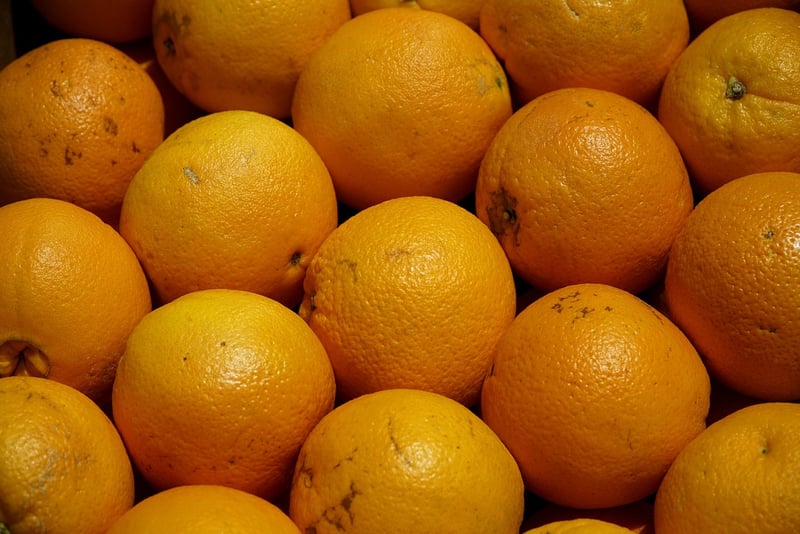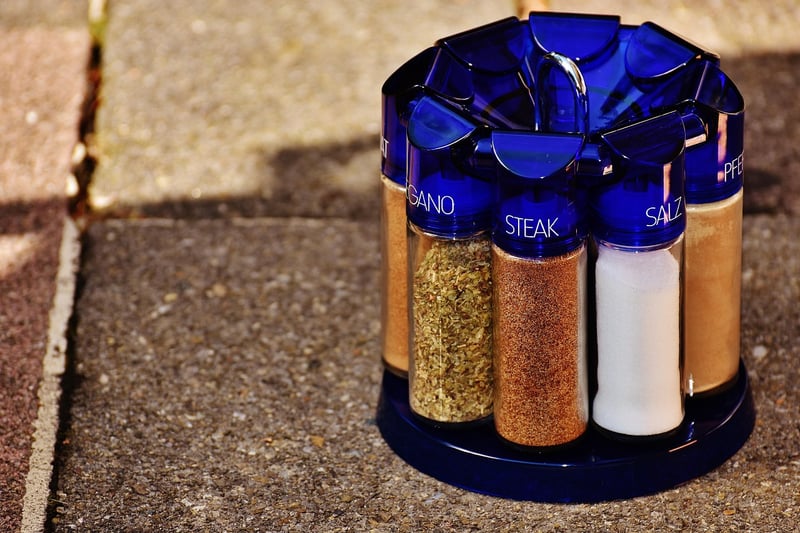Aroma Chemistry
Unveiling the Science Behind Flavors and Aroma Chemistry
Have you ever wondered why certain foods taste the way they do or why some scents are so captivating? The answer lies in the fascinating world of flavors and aroma chemistry. Let's delve into the science behind these sensory experiences and uncover the secrets that make our favorite foods and fragrances so irresistible.
The Basics of Flavor and Aroma
Flavor and aroma are complex sensory perceptions that result from a combination of taste and smell. While taste is primarily detected by our taste buds on the tongue, aroma is perceived through the olfactory receptors in our nose. Together, they create a harmonious sensory experience that allows us to enjoy the diverse range of flavors present in the foods we eat and the scents we encounter.
The Role of Chemistry
Chemistry plays a crucial role in determining the flavors and aromas of substances. The volatile organic compounds responsible for aroma are often produced during cooking, fermentation, or ripening processes. These compounds interact with our olfactory receptors, triggering the perception of specific scents.
Similarly, the taste of food is influenced by chemical compounds that stimulate our taste buds. For example, sweetness is typically associated with sugars, while bitterness can be attributed to compounds like caffeine or alkaloids.
Flavor and Aroma Analysis
Scientists use various analytical techniques to study flavors and aromas in-depth. Gas chromatography and mass spectrometry are commonly employed to identify the volatile compounds present in a sample, allowing researchers to pinpoint the molecules responsible for specific sensory attributes.
Applications of Flavor and Aroma Chemistry
The knowledge of flavor and aroma chemistry has numerous practical applications. Food scientists use this information to develop new food products, enhance existing recipes, and create appealing flavor combinations. Perfumers and fragrance designers also rely on aroma chemistry to craft unique scents that evoke specific emotions and memories.
Conclusion
Flavors and aromas are not just random sensations – they are the result of intricate chemical processes that engage our senses in remarkable ways. By understanding the science behind flavors and aroma chemistry, we can gain a deeper appreciation for the sensory experiences that enrich our lives.


